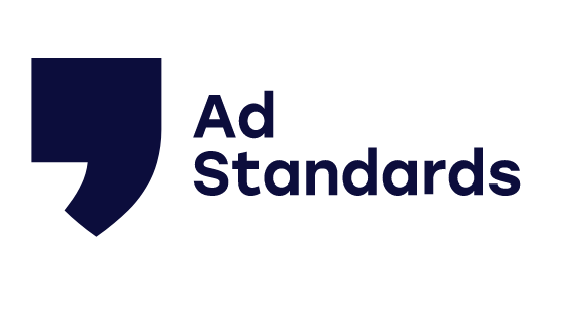Advertisers in breach of Ad Standards again over non-official sponsored Instagram content
SHEIN and Global Ballooning Australia are the latest advertisers to be found in breach of Ad Standards for Instagram posts they claim were not official partnerships.
For Global Ballooning Australia, the case unfolded with familiarity. Instagram influencer, @emmylou_loves was gifted two tickets for a hot air balloon experience by the business, which she used, along with two tickets purchased herself, to take her three children on a hot air balloon ride. Posting a picture of the experience to her Instagram, she captioned the post “My goodness, what a beautiful experience. @globalballooningaustralia #emmylouloves”.


